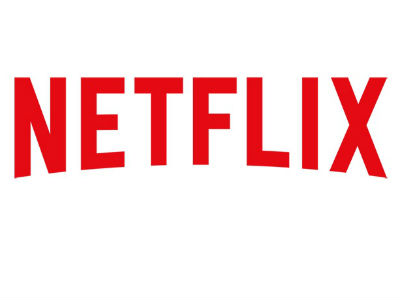Netflix Cheers FCC Vote
The smarter way to stay on top of the multichannel video marketplace. Sign up below.
You are now subscribed
Your newsletter sign-up was successful

Netflix, the popular OTT video provider that has reluctantly agreed to enter paid interconnection deals with some of the nation’s largest ISPs, cheered the FCC’s vote to reclassify broadband under Title II and introduce new network neutrality rules that, for example, will open the door to a case-by-case review of interconnection-related complaints.
“Today’s order is a meaningful step towards ensuring ISPs cannot shift bad conduct upstream to where they interconnect with content providers like Netflix,” Netflix said in its statement. “Net neutrality rules are only as strong as their weakest link, and it’s incumbent on the FCC to ensure these interconnection points aren’t used to end-run the principles of an open Internet.”
But does Netflix plan to bring any interconnection-related complaints to the FCC in the wake of Thursday’s vote? Stay tuned.
“We will review the order and decide next steps,” a Netflix spokeswoman said via email.
The FCC is expected to release the order in the coming weeks. In a fact sheet on the matter released on February 4, the FCC said the rules would, for the first time, give the Commission the authority to hear complaints and take appropriate enforcement action if necessary, if it determines the interconnection activities of ISPs are not just and reasonable…”
Netflix has been urging the FCC to consider paid interconnection deals as it pursued the new rules, labeling such agreements an “arbitrary tax” on the company and other over-the-top video service providers.
Netflix, which prefers that ISPs join its Open Connect program, which relies on Netflix-supplied edge caches, has reluctantly signed interconnection pacts deals with Comcast, Verizon Communications, AT&T and Time Warner Cable. Bright House Networks is benefitting from TWC's deal with Netflix.
The smarter way to stay on top of the multichannel video marketplace. Sign up below.
ISPs have maintained that paid interconnection deals are common to the business of the Internet when settlement-free peering no longer apply as the amount of traffic entering and exiting peering points is out of balance.
Even if Netflix decides to issue a complaint, some analysts believe it will face a tall task. “Netflix will have a hard time trying to convince the FCC that they are being mistreated when the interconnection deal they have with Comcast costs them less money than using transit providers and third-party CDNs, improves the video quality for consumers, and comes with an install SLA, packet loss SLA and latency SLA from Comcast,” Dan Rayburn, EVP of StreamingMedia.com and principal analyst at Frost & Sullivan, said in this blog post earlier this month.
Update: Netflix signaled before the vote that it might stand pat, at least with respect to its current interconnection agreements. Speaking on Netflix’s fourth quarter call on January 20, CEO Reed Hastings noted that the Title II rules should, over time, “significantly insulate us from any accelerating tax for interconnections,” but added that Netflix would “likely live out the current deals…that’s what’s in our plan.”
